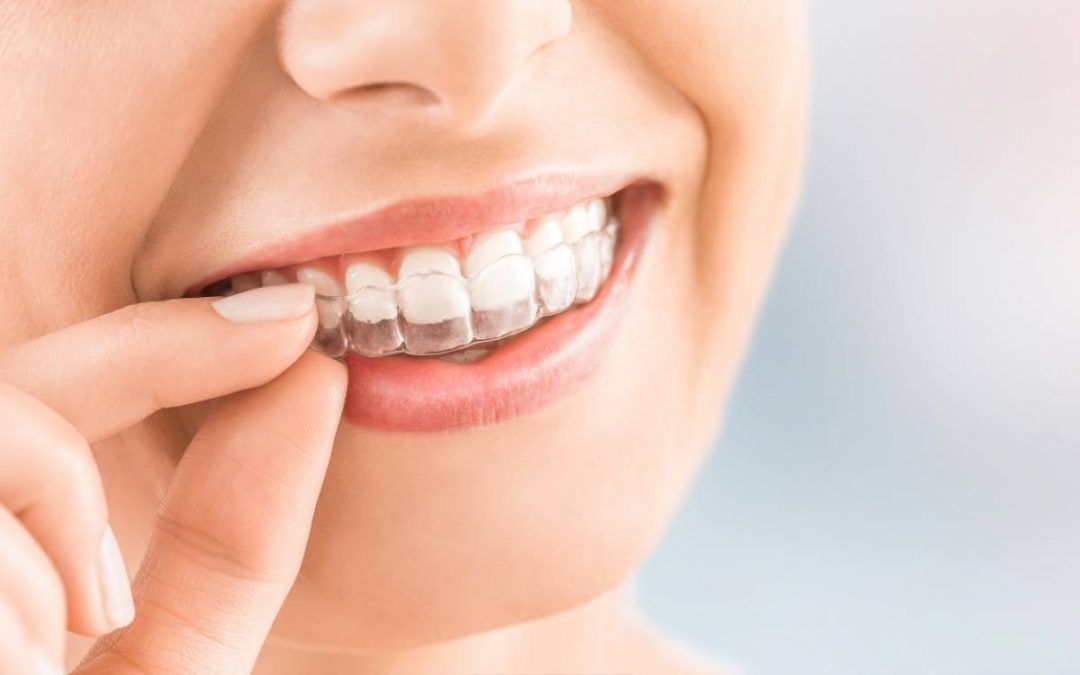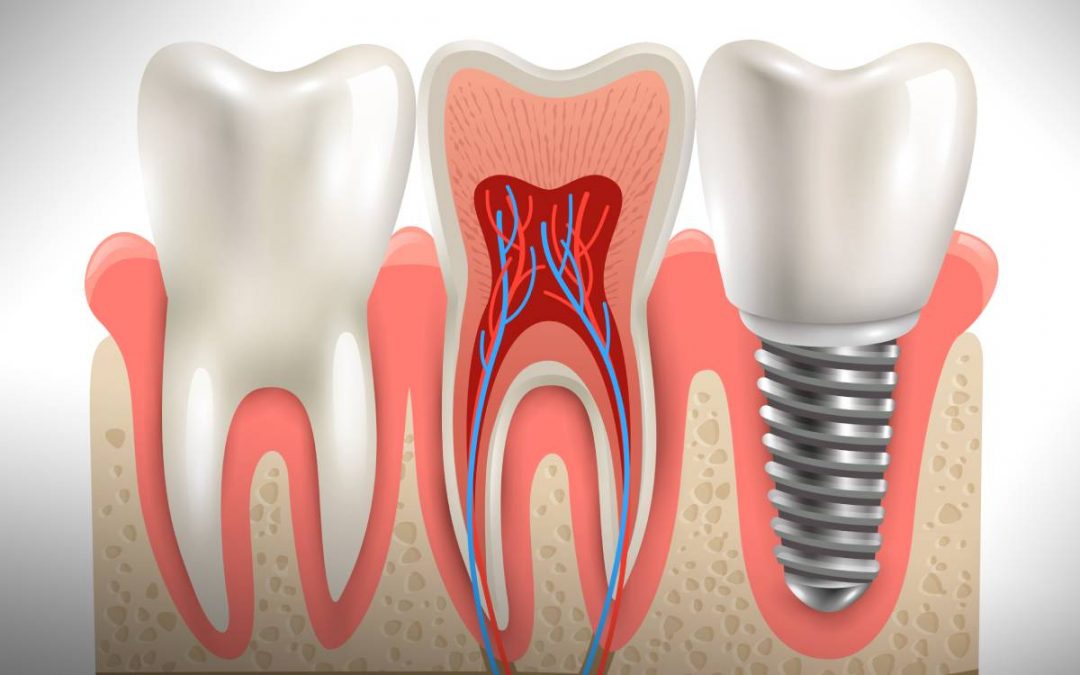How does sensitivity happen?
There are several causes for sensitivity, since dentine can be exposed in a number of ways.
- You may have a broken or cracked tooth, or you may have a hole as a result of tooth decay which now needs a filling.
- Over-brushing your teeth (too hard or for too long) can wear down your tooth enamel.
- Acidic food and drink can erode your enamel.
- Receding gums can slowly expose the root of your tooth, which doesn’t have an enamel layer. This can occur naturally or through gum disease, including gingivitis.
- Poor-quality cosmetic teeth whitening treatments can cause damage to your enamel.
- If you grind your teeth, you can wear away your enamel or even the whole tooth.
Can tooth sensitivity be treated or avoided?
- Make sure you have regular check-ups with your dentist and see your hygienist whenever you’re referred.
- Follow your dentist’s or hygienist’s advice for looking after your teeth at home.
- Visit your dentist as soon as you suspect you may have a problem such as a cavity, a cracked tooth or a change in your gums. Treatment can stop things getting worse.
- Your dentist might recommend a fluoride gel, rinse or varnish. These can gradually build up the protective layer of your teeth.
- Avoid sugary, fizzy and acidic foods and drinks.
- Don’t brush your teeth from side to side – instead, use small, circular motions.
- Switch to a softer toothbrush and replace it as soon as it shows signs of wear.
- Use a desensitising toothpaste, ideally one with fluoride in (but take your dentist’s advice, because too much fluoride can be bad for you).






